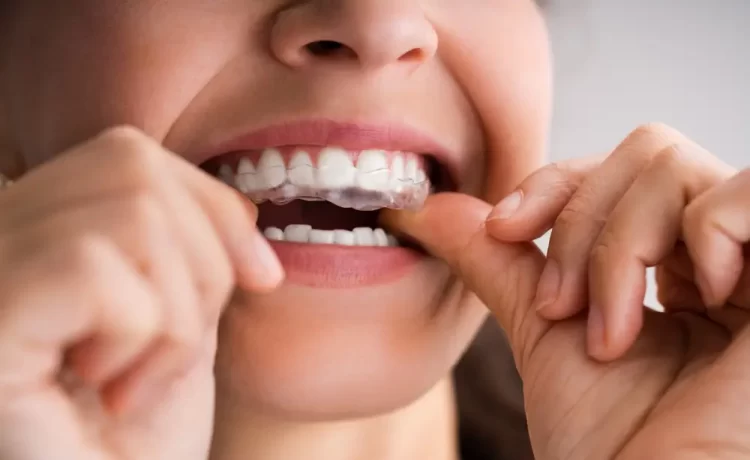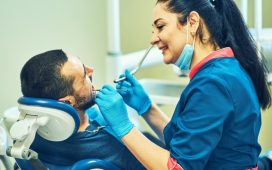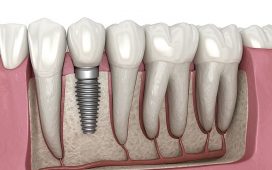Bruxism is a common problem that affects both adults and children in Massachusetts. Most people know it as teeth grinding and not by its medical term, that is, bruxism. There is also a belief that it is a simple problem that resolves on its own. It is important to debunk misconceptions like this one so that the problem can be promptly addressed.
The majority of the population does not know the severity of their “teeth grinding,” leaving the problem untreated and worsening. If you or your child needs help with bruxism or are experiencing oral health issues due to teeth grinding, visit a dental office Norfolk, MA, immediately.
Common myths about bruxism or teeth grinding.
-
Everyone with a bad bite grinds their teeth.
One of the common misconceptions about teeth grinding is that everyone with a bad bite grinds their teeth. This is not true. Bruxism is caused by a variety of factors, and a bad bite is only one of them.
Crooked or misaligned teeth can lead to teeth grinding. However, it is not the only cause. Other factors that cause teeth grinding or bruxism include sleep disorders, stress, and anxiety.
Visit your nearest dentist to determine the underlying cause and come up with an appropriate treatment plan.
-
It is not a serious health concern.
Teeth grinding may seem like a minor issue; however, it can adversely affect your oral health in the long run. If not treated early, the constant grinding can damage your teeth to the extent that they fall out, leading to bone loss and bacterial infection.
In some cases, it can also lead to hearing loss. Do not ignore this issue and consult with a dentist immediately.

-
It will go away on its own.
This is only true in the case of young children, where bruxism tends to go away on its own over time. In most cases, you might need professional dental treatment.
Until the leading cause of bruxism is treated, the symptoms will remain. For example, if stress or anxiety is causing teeth grinding, meditation or therapy is highly recommended.
-
Braces cure bruxism.
Many people believe the misconception that getting braces can fix their bruxism. This myth needs to be busted. Braces can only help you get rid of misaligned or crooked teeth. They have no effect on the underlying cause of teeth grinding, which can be stress or even a poor sleeping schedule.
To deal with bruxism, various techniques can be used, such as stress management, lifestyle changes, and the use of oral appliances like nighttime guards while sleeping.
If you or a loved one is struggling with bruxism, don’t wait for the problem to worsen. Call a dentist today!






